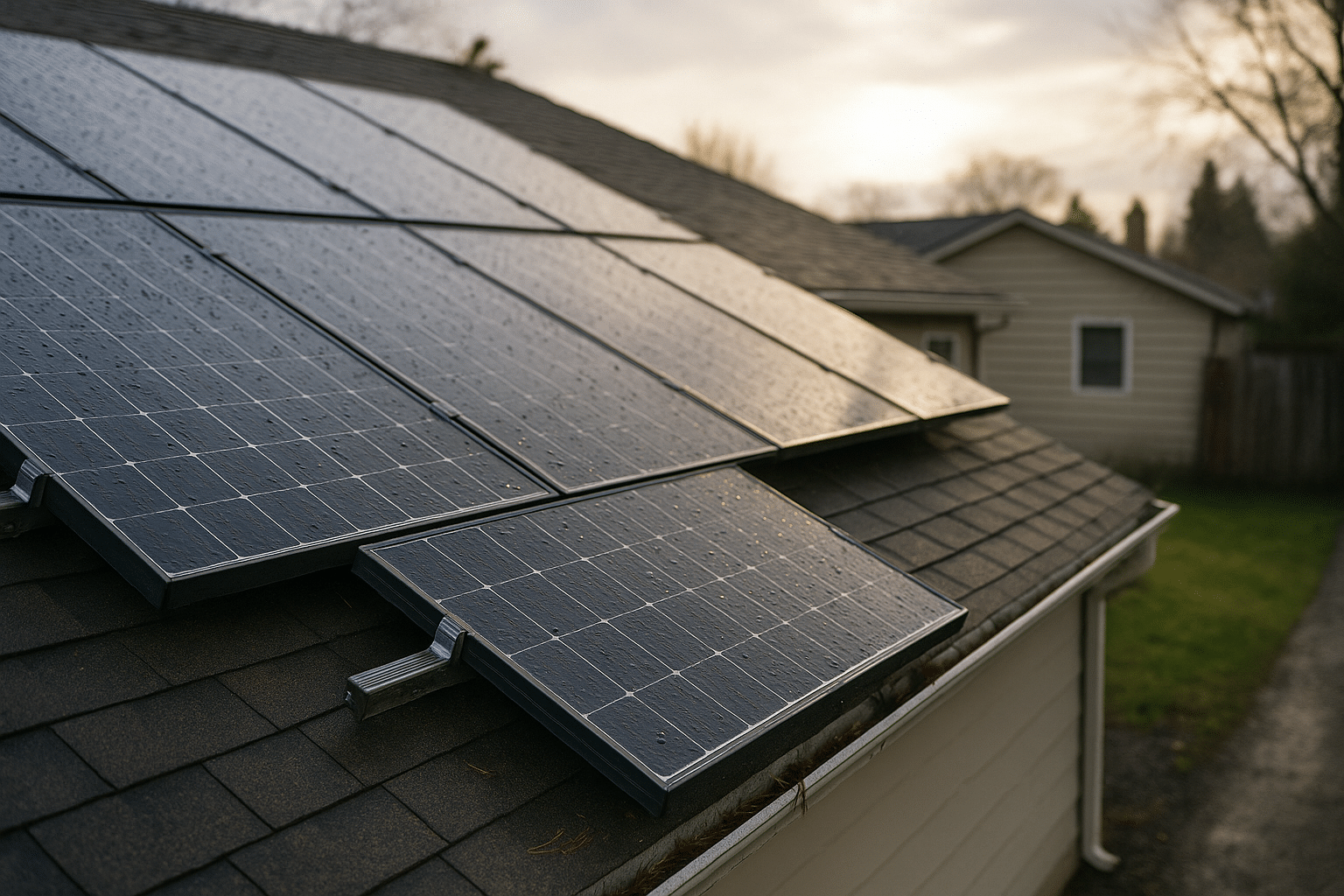
Blending Vintage and Modern: A Home Decor Guide
Blending vintage and modern styles in home decor is like crafting a beautiful symphony, where each piece—be it an antique sideboard or a sleek sofa—plays its part in creating a harmonious and inviting space.
Understanding the Blend
The art of mixing vintage and modern decor lies in balance. According to interior designer Nate Berkus, “A room should feel collected, not decorated.” This sentiment captures the essence of blending eras to create spaces that feel authentic and lived-in.
Why Blend Vintage and Modern?
Combining these styles allows you to enjoy the charm of bygone eras while embracing contemporary design’s functionality. A survey by the National Association of Realtors found that 52% of homeowners appreciate vintage elements for their uniqueness and character.
Creating the Perfect Mix
When blending these styles, consider starting with a neutral base. This approach provides a versatile backdrop for both vintage and contemporary pieces to shine.
Use of Color and Texture
Integrate vintage elements with modern furniture using color and texture. For example, a retro rug can add warmth and depth to a minimalist room.
Statement Pieces
Select standout vintage items, such as a mid-century modern chair, to create focal points. These pieces can anchor a room, adding personality and charm.
Mixing Materials
Combine different materials like wood, metal, and glass to add layers of interest. A glass coffee table can offer a modern touch, while a wooden dresser brings warmth.
When integrating vintage pieces, ensure they are functional to make the most of your space. A vintage trunk can double as a coffee table with storage.
Table: Vintage vs. Modern Decor Elements
| Aspect | Vintage | Modern |
|---|---|---|
| Color Palette | Warm, Earthy Tones | Neutral, Bold Accents |
| Materials | Wood, Brass | Glass, Metal |
| Textures | Rough, Patina | Smooth, Sleek |
| Patterns | Floral, Geometric | Minimalist, Abstract |
| Furniture | Ornate, Detailed | Simple, Clean Lines |
| Lighting | Chandeliers, Sconces | Recessed, Track Lighting |
| Accessories | Antique, Unique Finds | Minimalist, Functional |
| Technology | Limited, Classic | Integrated, Smart |
Frequently Asked Questions
How do I start blending vintage and modern decor?
Begin with a neutral base and add vintage pieces as accents. Balance is key, so don’t overcrowd your space.
Can I use vintage decor in small spaces?
Absolutely! Opt for smaller vintage items like mirrors or lamps that can add character without overwhelming the space.
What if my vintage pieces clash with modern furniture?
Use color palettes to harmonize different styles. A cohesive color scheme can tie diverse elements together seamlessly.
Conclusion
Blending vintage and modern decor is an exciting way to express personal style while creating a timeless space. By understanding the balance between the old and the new, you can craft a home that is both functional and full of character. Start small, experiment with textures, and most importantly, let your space tell your unique story.


